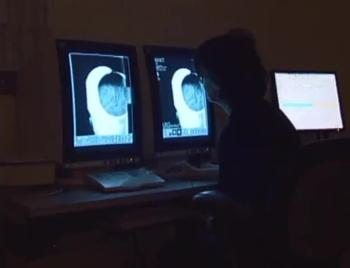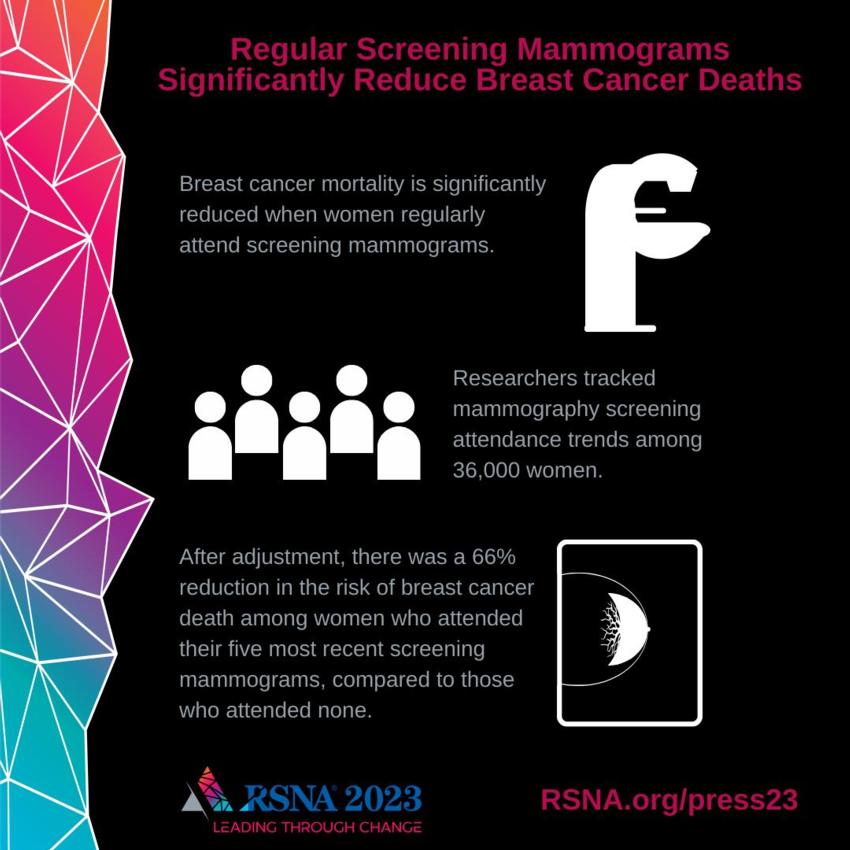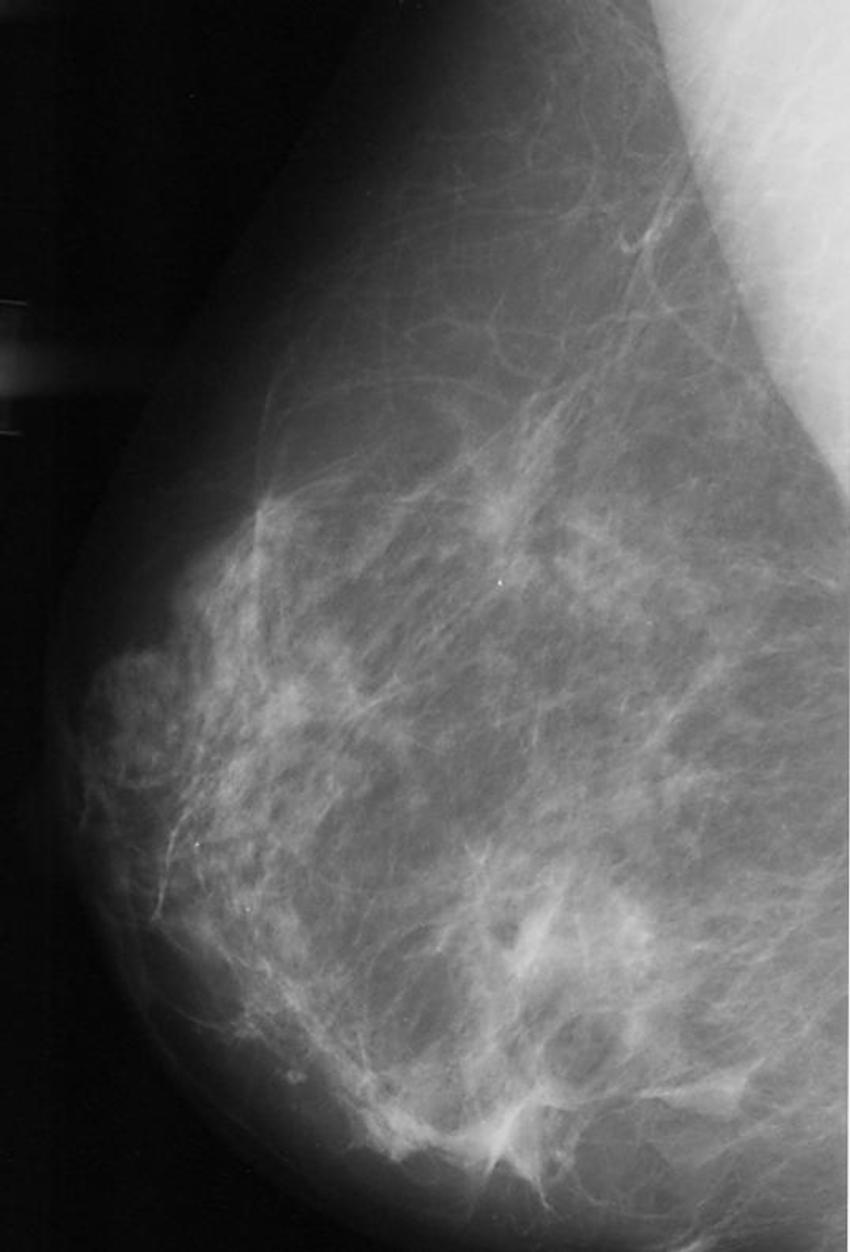Regular Screening Mammograms Significantly Reduce Breast Cancer Deaths
Released: November 30, 2023
At A Glance
- Breast cancer mortality is significantly reduced when women regularly attend screening mammograms.
- Researchers tracked mammography screening attendance trends among 36,000 women.
- After adjustment, there was a 66% reduction in the risk of breast cancer death among women who attended their five most recent screening mammograms, compared to those who attended none.
- RSNA Media Relations
1-630-590-7762
media@rsna.org - Linda Brooks
1-630-590-7738
lbrooks@rsna.org - Imani Harris
1-630-481-1009
iharris@rsna.org
CHICAGO — Breast cancer mortality is significantly reduced when women regularly attend screening mammograms, according to research being presented today at the annual meeting of the Radiological Society of North America (RSNA).
Early detection of breast cancer, before symptoms are present, is key to survivability. According to the American Cancer Society, women between the ages of 45 and 54 should get mammograms every year. Women who are 55 years and older can switch to every other year or continue with annual mammograms. Skipping just one scheduled mammogram could result in a more advanced breast cancer diagnosis, significantly impacting a patient’s chance of survival.
“The purpose of mammography is to detect breast cancer during the few years it can be seen on a mammogram, but before symptoms are apparent,” said study author Robert A. Smith, Ph.D., senior vice president and director of the American Cancer Society Center for Cancer Screening in Atlanta, Georgia. “If a woman unknowingly has breast cancer and misses or postpones her mammogram during this time when she has no symptoms, but her breast cancer is growing and perhaps spreading, then the window for early detection will be lost.”
Even though regular mammograms are an important factor in early breast cancer detection, there are still many barriers that restrict women from receiving this preventative care, including access and work or family obligations.
“It is challenging to keep track of your schedule, and in the U.S., many women do not receive reminders. Further, for all of us, the obligations of work and family compete with our scheduled health care,” Dr. Smith said.
Dr. Smith and colleagues sought to identify the exact impact of missing even one mammogram.
The researchers obtained women’s screening history from oncology centers throughout Sweden for a period from 1992 to 2016. A total of 36,079 breast cancer patients were included in the study.
Using data from the Swedish Cause of Death Register, the researchers identified 4,564 breast cancer deaths among the patients included in the study.
The researchers then tracked all of the women’s participation in five or fewer most recent invitations for breast cancer screening prior to cancer diagnosis.
Women who attended all their invited screening mammograms had a survivability rate of over 80%. Women who didn’t participate in any screenings had a survival rate that ranged from 59.1% to 77.6%.
Women who attended all five screening mammograms saw a 72% reduction in the risk of dying from breast cancer compared to women who didn’t participate in any screening mammograms. Even after conservative adjustment for potential self-selection factors, there was a highly significant 66% reduction in the risk of breast cancer death.
“Women who attended all five previous mammography examinations prior to a diagnosis of breast cancer were nearly three times less likely to die from breast cancer compared with women who had not attended any examinations, and each additional examination attended among the five previous examinations conferred an additive protective effect against dying from breast cancer,” Dr. Smith said.
The researchers stressed that imaging facilities should prioritize getting patients in for screening at the earliest opportunity. This is especially important when women have to cancel their appointments. Facilities should reschedule these screening mammograms for the next earliest available appointment.
“These findings show that as much as possible, adherence to regular mammography screening is the very best insurance a woman has against being diagnosed with an advanced breast cancer that could be life-threatening,” Dr. Smith said.
Co-authors are Stephen W. Duffy, M.Sc., Amy Ming-Fang Yen, Ph.D., László Tabár, M.D., Abbie Ting-Yu, Ph.D., Sam Li-Sheng Chen, Ph.D., Chen-Yant Hsu, M.D., Peter B. Dean, M.D., and Tony Hsiu-His Chen, Ph.D.
Note: Copies of RSNA 2023 news releases and electronic images will be available online at RSNA.org/press23.
RSNA is an association of radiologists, radiation oncologists, medical physicists and related scientists promoting excellence in patient care and health care delivery through education, research and technologic innovation. The Society is based in Oak Brook, Illinois. (RSNA.org)
Editor’s note: The data in these releases may differ from those in the published abstract and those actually presented at the meeting, as researchers continue to update their data right up until the meeting. To ensure you are using the most up-to-date information, please call the RSNA Newsroom at 1-312-791-6610.
For patient-friendly information on breast cancer screening with mammography, visit RadiologyInfo.org.
Video (MP4):
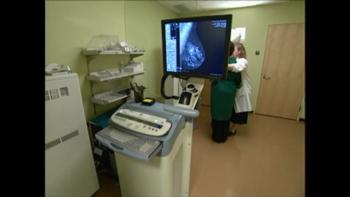
Video 1. Woman with radiologic technologist during screening mammography exam.
Download MP4
(Right-click and Save As)
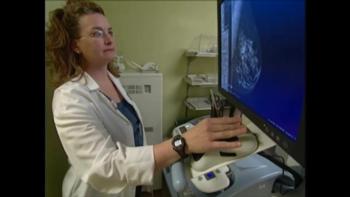
Video 2. Radiologic technologist capturing mammography images.
Download MP4"
(Right-click and Save As)
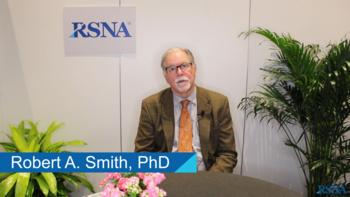
Video 4. Regular Screening Mammograms Significantly Reduce Breast Cancer Deaths
Download MP4
(Right-click and Save As)
Images (JPG, TIF):
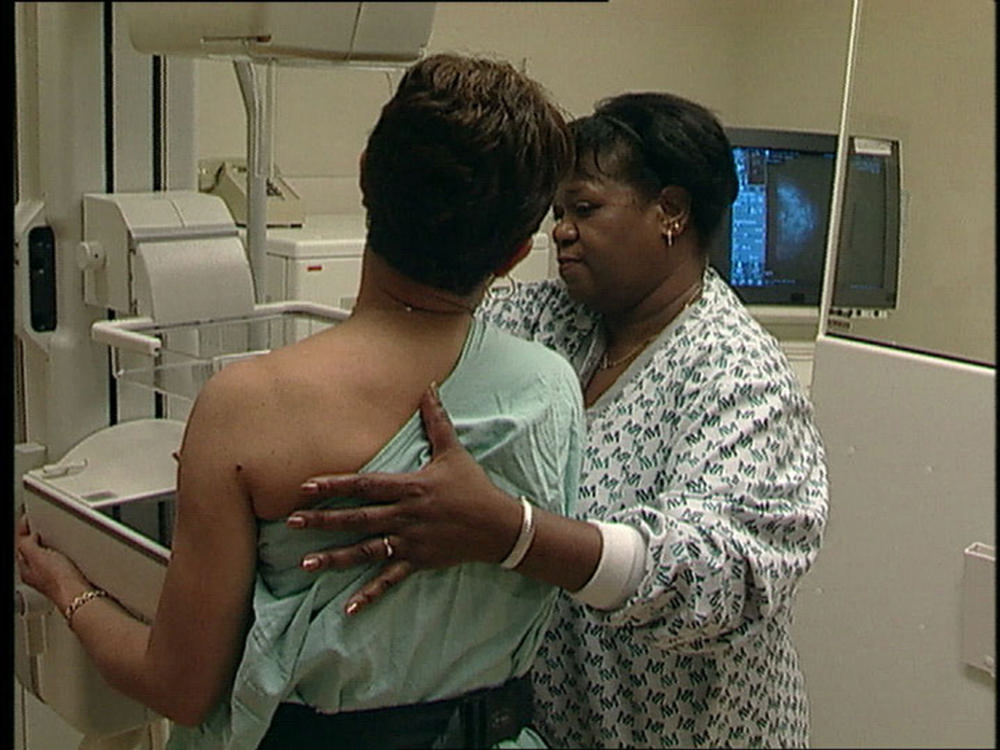
Figure 3. Woman with radiologic technologist during screening mammography exam.
High-res (TIF) version
(Right-click and Save As)
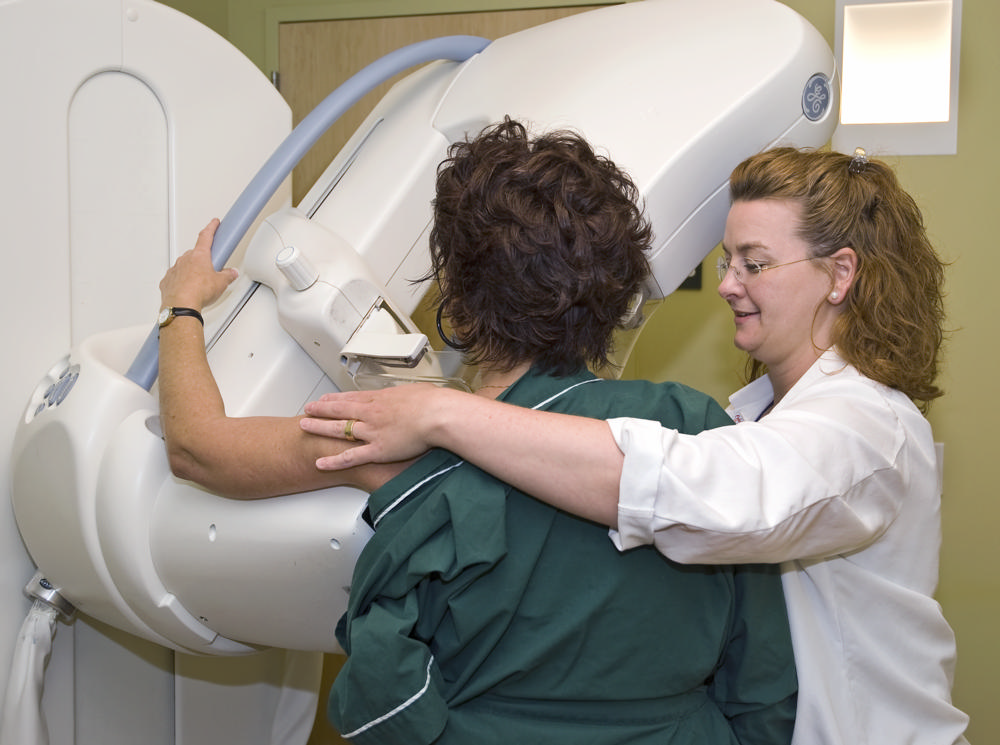
Figure 4. Woman with radiologic technologist during screening mammography exam.
High-res (TIF) version
(Right-click and Save As)

Figure 5. Survival by number of screens attended in those with five previous invitations.
High-res (TIF) version
(Right-click and Save As)
Additional Resources

